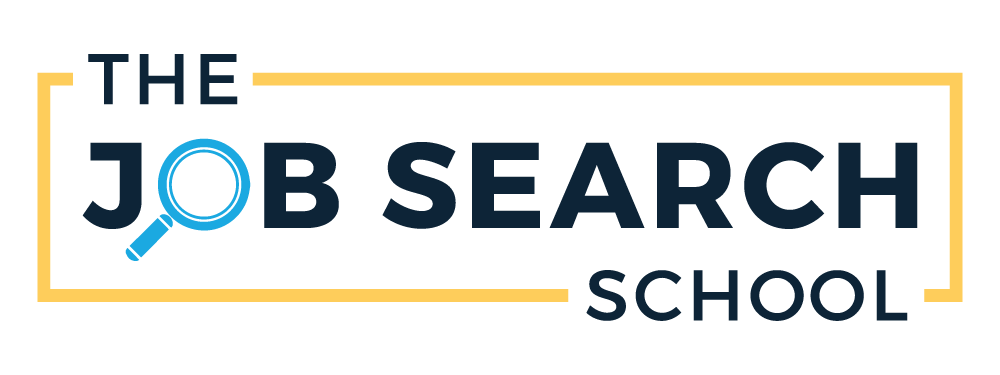Ever wonder why some employers ask you for your graduation date on an application? Even though dates are not always an accurate way to gauge, employers will look at graduation dates alongside work history and make their best guess at an applicant’s age. Unfortunately, there are instances where job applications require a graduation date, leaving no other option but to include one, if you wish to proceed.
It is not illegal to ask this question on an application, but if they base their hiring decision on the date(s) provided, then they could be in violation of the law. This raises the question of why they ask for this information, especially if they do not actually verify education.
Too old, too young, too seasoned, not experienced enough… Ageism (particularly against more experienced, older workers) is alive and well. As such, I always recommend my clients leave dates off their educational history unless their degree was obtained within the last 3 years. Here’s what you need to do to work around this in your job search:
1.) Make sure your resume and LinkedIn profile are up to date.
Make sure your resume and LinkedIn profile both reflect your experience over the last 10-15 years, 20 years max. Focus on your most recent accomplishments. Recruiters and prospective employers are more interested in what you have been doing in the workforce for the last 5 to 10 years.
Note that you want to make sure that your resume is customized to meet the needs of the position you are applying, and that your LinkedIn accurately conveys your skills and background. It is also important that your LinkedIn experience matches your resume in the number of positions, dates, titles and company names.
2.) Have recent recommendations on display.
Whether it be recommendations or letters of recommendation uploaded as media on the particular past experiences they align with on your LinkedIn profile, recent reviews of your work will demonstrate your ability to perform your job well (present day). This helps to confirm that your skills are up to date, making your experience an asset rather than a liability.
3.) Be forward thinking.
When called for an interview, be sure that you are always forward thinking, expressing your desire to continuously learn and grow with a company. Share how enthusiastic you are for the position, and what you feel you can contribute to help the organization achieve their long-term goals and objectives. Show them how you can solve their current problems, fulfill the need they have in hiring for the position.
In the words of American Writer William Arthur Ward, “The pessimist complains about the wind; the optimist expects it to change; the realist adjusts the sails.” If you have been submitting application after application and have heard nothing back, it’s time to do something different. My program can show you how to generate a consistent flow of targeted opportunities, so you can get back to work — no matter what your age. Contact me today to learn more!


